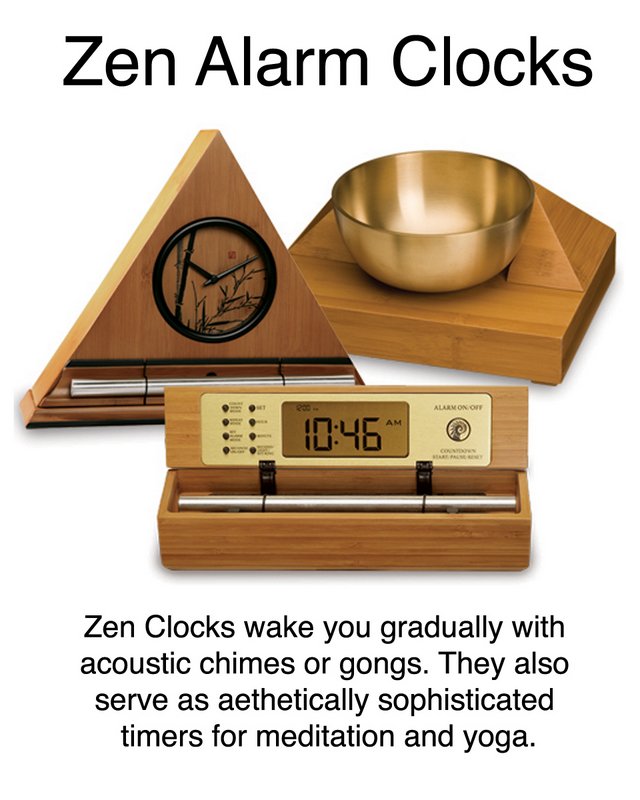
The Zen Alarm Clock transforms mornings, awakening you gradually with a series of gentle acoustic chimes Once you use a Zen Clock nothing else will do - KOITSU -- Full Moon at Akashi Beach
If you’re tossing and turning and having trouble getting a good night’s sleep, you may want to consider meditation, researchers suggest.
People with primary insomnia reported that they slept better after trying meditation, according to a new study to be presented June 9 at SLEEP, the annual meeting of the Associated Professional Sleep Societies, in Seattle.
Primary insomnia is described as difficulty getting to sleep or staying asleep over a time period of at least one month, according to the U.S. National Institutes of Health.
While most insomnia occurs along with another physical or mental illness or disorder, or as a side effect of medications or other substances, primary insomnia occurs on its own.
In the study, researchers divided 11 participants aged 25 to 45 with chronic primary insomnia into two groups. One group participated in Kriya Yoga — a form of meditation that helps an individual focus internalized attention and can reduce arousal — as well as health education.
The other group received information about improving health through exercise, nutrition, weight loss and stress management but did not participate in meditation.
After two months, the meditation group reported improvements in sleep quality, how long it took to get to sleep, total sleep time, total wake time, sleep efficiency and depression, the researchers reported.
Primary insomnia is believed to be a problem of hyperarousal, with high levels of arousal noted 24 hours a day, said lead study author Dr. Ramadevi Gourineni, director of the insomnia program at Northwestern Memorial Hospital in Evanston, Ill.
“Results of the study show that teaching deep relaxation techniques during the daytime can help improve sleep at night,” Gourineni said in a news release from the American Academy of Sleep Medicine.

Wake up refreshed, love your alarm clock, transform your mornings with The Zen Alarm Clock's progressive awakening with gentle chimes.
About 9.4 percent of U.S. residents, or an estimated 20 million people, try meditating during a 12-month period, according to a 2007 study by the National Center for Complementary and Alternative Medicine. People reported using meditation for various health problems, including anxiety, pain, depression, stress and insomnia.
A 2007 review of the scientific literature found some evidence that meditation is associated with health benefits, possibly by causing heart rate and breathing to slow, improving blood flow and reducing activity in the sympathetic nervous system (the body’s fight-or-flight mechanism).
Boulder, Colorado—an innovative company has taken one of life’s most unpleasant experiences (being startled awake by your alarm clock early Monday morning), and transformed it into something to actually look forward to. “The Zen Alarm Clock,” uses soothing acoustic chimes that awaken users gently and gradually, making waking up a real pleasure. Rather than an artificial recorded sound played through a speaker, the Zen Clock features an alloy chime bar similar to a wind chime. When the clock’s alarm is triggered, its chime produces a long-resonating, beautiful acoustic tone reminiscent of a temple gong. Then, as the ring tone gradually fades away, the clock remains silent until it automatically strikes again three minutes later. The frequency of the chime strikes gradually increase over ten-minutes, eventually striking every five seconds, so they are guaranteed to wake up even the heaviest sleeper. This gentle, ten-minute “progressive awakening” leaves users feeling less groggy, and even helps with dream recall.

Wake up refreshed, love your alarm clock, transform your mornings with The Zen Alarm Clock's progressive awakening with gentle chimes.
More information
The National Center for Complementary and Alternative Medicine has more on meditation and health.
Posted in Bamboo Chime Clocks, Meditation Timers, Meditation Tools, mindfulness practice